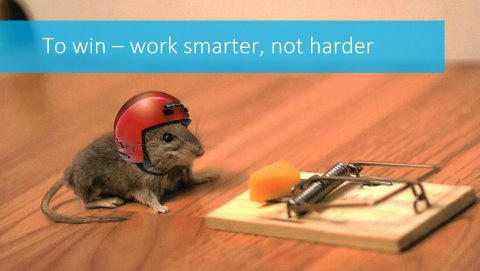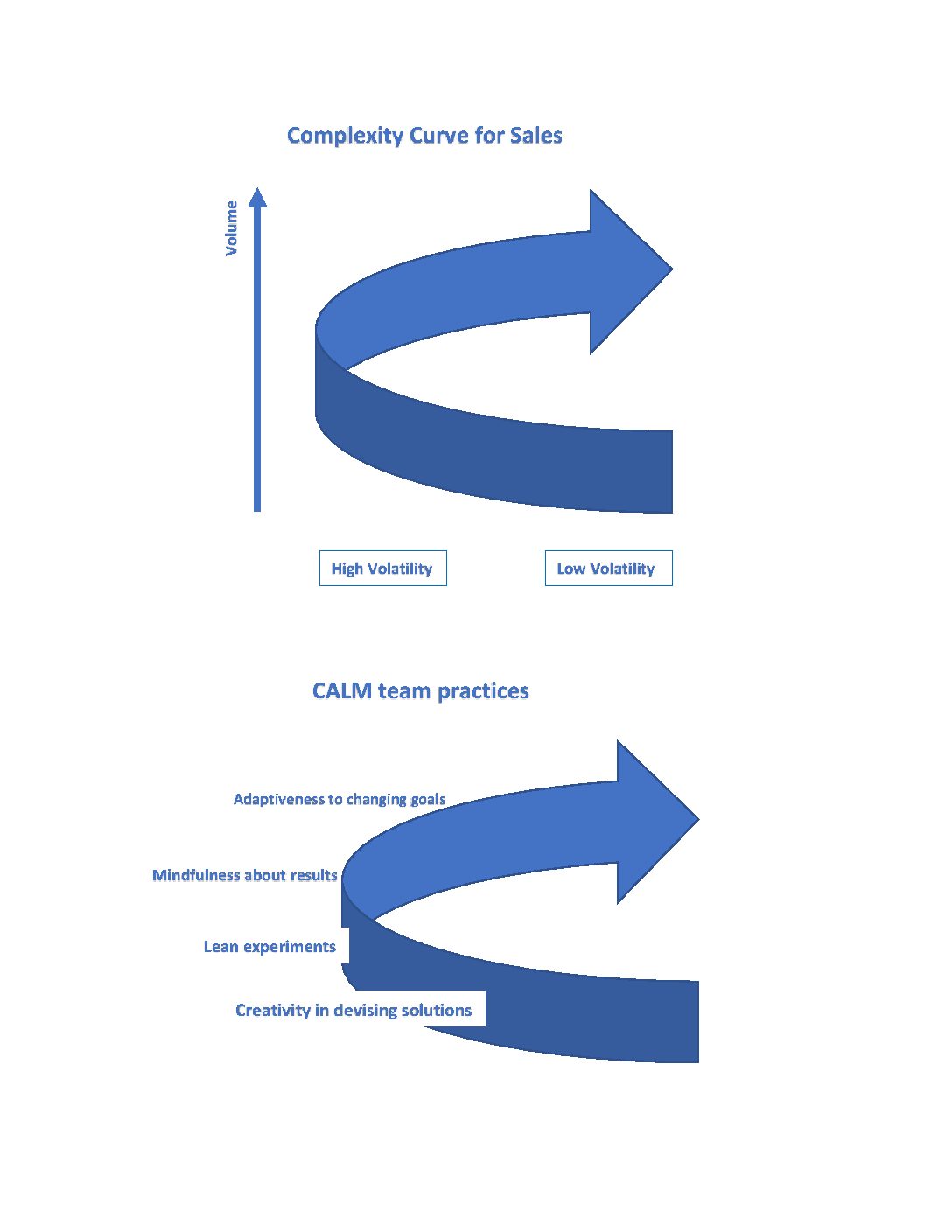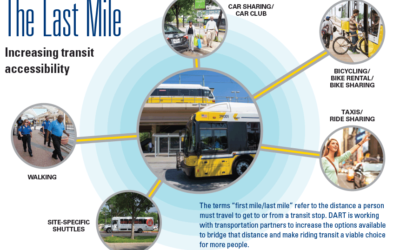People.ai CEO Oleg Rogynskyy busts the urban myth that Y Combinator has become Silicon Valley’s Ivy League – an incubator with a surface veneer of hard work glossing over an engine of great networking. Here’s what he writes.
Oleg seems to be arguing for sweat in the age-old debate on working harder vs. working smarter. And at Y Combinator he worked hard, up to 100 hours per week. But look again at the quote. Hard work comes third – and only in the context of finding the right growth goals for your startup and focusing on them.
To me, this says working harder often accompanies something more important – focusing on the right growth goals. It does not say working harder guarantees the right focus. It does not even suggest working harder is a good thing by itself.
Maybe the smarter-harder debate answers the wrong question. Asking whether it is better to work harder or smarter sheds little light. A more illuminating question is what having to work harder than expected tells us.
Working harder than expected to hit a goal is a valuable signal. Generally, it can mean one of two things. We may be wrong about the bang for the buck we are getting from current effort. Or we may be missing a success factor as important as the things we are deliberately doing. If it means the latter, we should find that success factor. Otherwise, a competitor will find it for us.
Blockbuster persevered for years in its strategy of rolling out ever more video-rental storefront locations, for example, even though the cost of revenue growth kept climbing. In other words, its goals were ever harder to hit. Netflix was a tiny competitor until the very end – but there was nothing in its streaming strategy that was out of Blockbuster’s reach.
Fortunately, there is a decent rule of thumb to tell what working harder implies. If it is harder than expected to hit a goal and some aspect of execution is way off track – disappointing progress in marketing, product development, or account management, for example – then we need to rethink the resources we are deploying to hit the goal.
But if it is harder than expected to hit a goal even though execution is on track – then it is likely we are missing a success factor as important as the ones we are managing. This is when working harder without finding a way to work smarter is a serious mistake.




